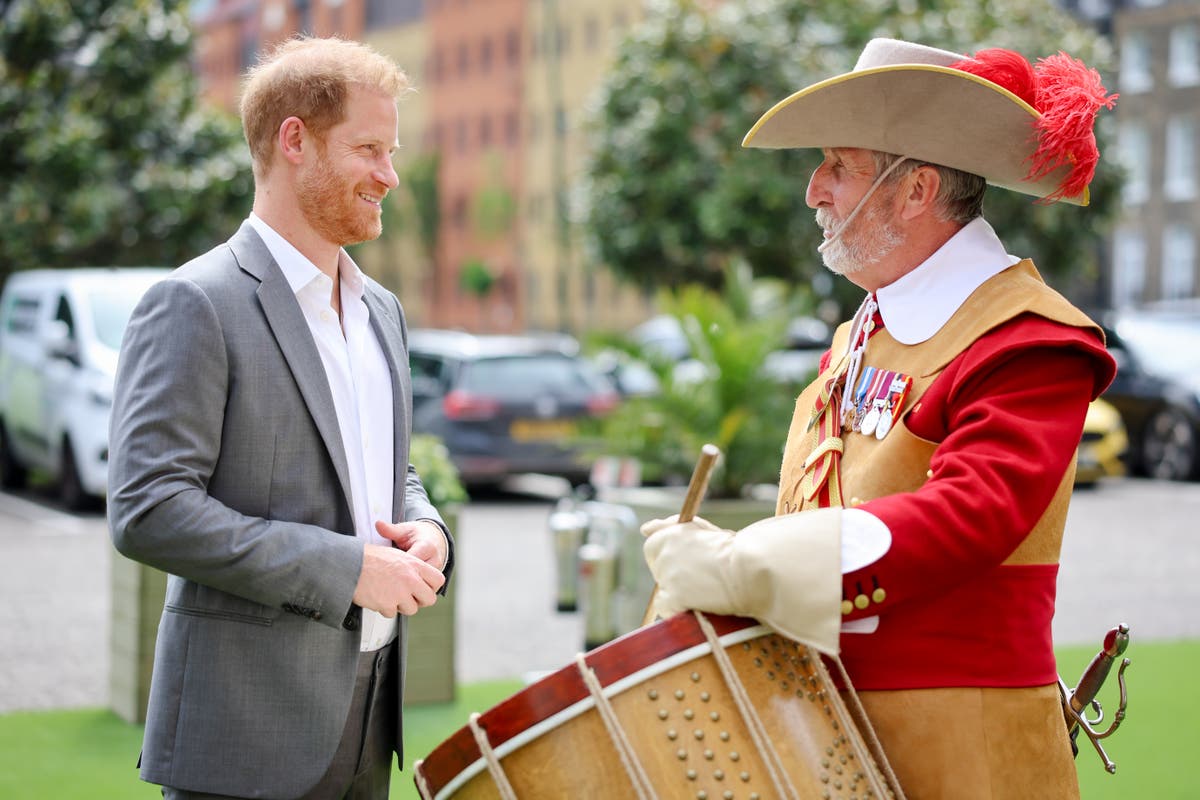Separately, Lord Carlile, a former independent reviewer of terrorism legislation, suggested that police were making insufficient use of existing laws to tackle Islamist extremists.
The peer told The Telegraph that inflammatory remarks broadcast online by supporters of groups such as Hizb ut-Tahrir could amount to “significant breaches” of the 1986 Public Order Act, which contains provisions designed to outlaw the stirring up of racial hatred, including in broadcasts.
Officials in the Department for Levelling Up, Housing and Communities, which is responsible for social cohesion, are now examining a suggested new definition of hateful extremism published in 2021 by Sir Mark and Dame Sara Khan, who went on to conduct a separate review for the department on social cohesion and resilience.
In a report, the pair warned that extremist groups whose activities fell short of terrorism were “able to continue to propagate the same extremist ideologies held by terrorists, helping to create a climate conducive to terrorism, hate crime, and other violence”.
They called for a new definition of extremism that recognised the pernicious effect of activities that seek to “erode and destroy the democratic rights and freedoms of our society”.
A new definition – particularly if it is also applied to Prevent – could ultimately allow ministers to formally alert local authorities, schools and bodies such as the charities regulator to additional warning signs indicating that someone may be at risk of falling into extremism.
A package of new non-statutory measures could also include a renewed focus on “British values”, building on a policy Mr Gove introduced as education secretary during the coalition years, requiring all schools to actively promote the values of “democracy, the rule of law, individual liberty, and mutual respect and tolerance” of different faiths.
Hizb ut-Tahrir denies “spreading hate” and has said it supports “the people of Palestine” and not “the Hamas group”. It has said: “We do not encourage people to do similar actions, but instead want a political change so that the resources of Muslim countries are used to liberate and rescue the beleaguered people of Palestine.”
The Muslim Council of Britain has always denied links to extremism. It said it was “the largest British body representing a broad spectrum of our diverse British Muslim communities” and claimed it was the victim of “smears and trial by association against people and parties calling for an end to the violence in Israel-Palestine”.

William Turner is a seasoned U.K. correspondent with a deep understanding of domestic affairs. With a passion for British politics and culture, he provides insightful analysis and comprehensive coverage of events within the United Kingdom.








